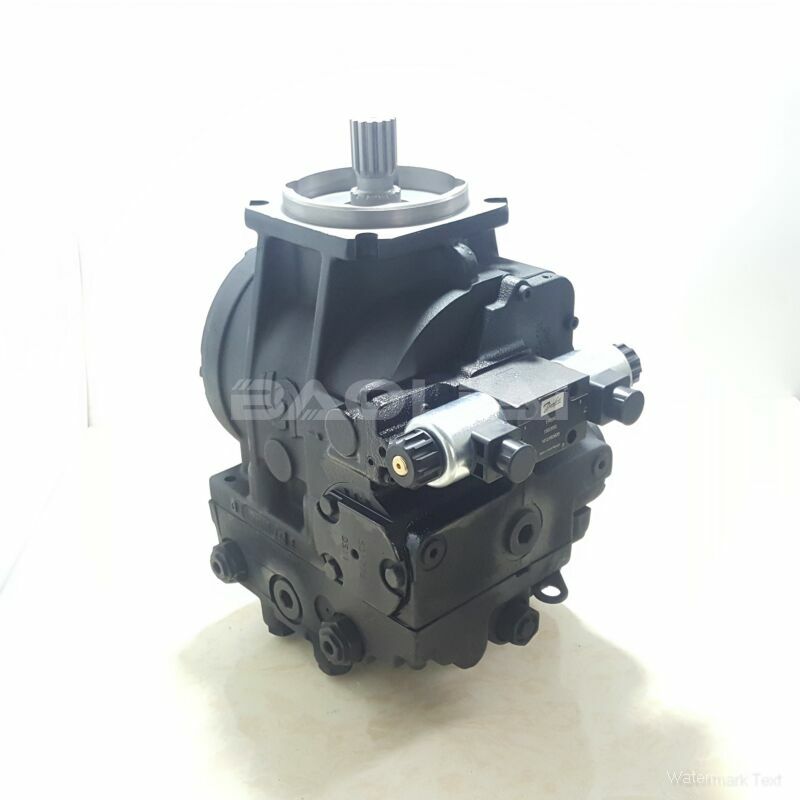90L100KP1CD80R3F1F00GBA424224 danfoss pump
90L100KP1CD80R3F1F00GBA424224 danfoss pump

- Product Details
- Applicable Scene
Plunger pumps are essential components in various industrial applications, particularly in environments where corrosive substances are handled. Understanding their performance in these highly corrosive settings is crucial for ensuring operational efficiency and longevity of the equipment. This article explores the advantages, challenges, and best practices for using plunger pumps in such demanding conditions.
90-L-100-KP-1-CD-80-R-3-F1-F-00-GBA-42-42-24
90L100KP1CD80R3F1F00GBA424224
Plunger pumps utilize a reciprocating design, which allows for the efficient transfer of fluids under high pressure. Their ability to handle a wide range of viscosities and flow rates makes them suitable for various industrial processes. However, in highly corrosive environments, the materials and construction of the pump become paramount.

83052430
One of the primary advantages of plunger pumps is their adaptability. They can be constructed with specialized materials such as stainless steel, titanium, or various high-performance plastics that resist chemical degradation. These materials enhance the pump’s resistance to corrosion and extend its service life, making plunger pumps a viable option in sectors like chemical processing, wastewater treatment, and mining.
Despite their advantages, plunger pumps face several challenges in corrosive settings. One such challenge is the potential for wear and tear, which can lead to reduced efficiency and frequent maintenance needs. The moving parts, particularly the plunger, are susceptible to abrasion due to the nature of the pumped fluids. To mitigate this issue, using protective coatings or selecting pumps designed specifically for abrasive and corrosive service can be effective strategies.
Another critical consideration is the sealing mechanism within plunger pumps. In corrosive environments, traditional seals may degrade quickly, leading to leaks and contamination. Advanced sealing technologies, such as ceramic or PTFE (Teflon) seals, provide improved chemical resistance and durability, thereby minimizing the risk of leaks and enhancing the reliability of the pump.





